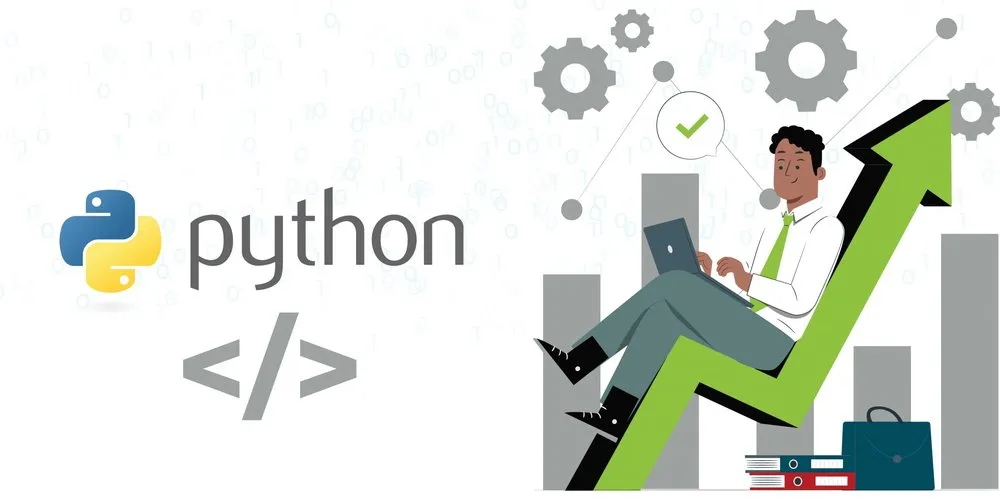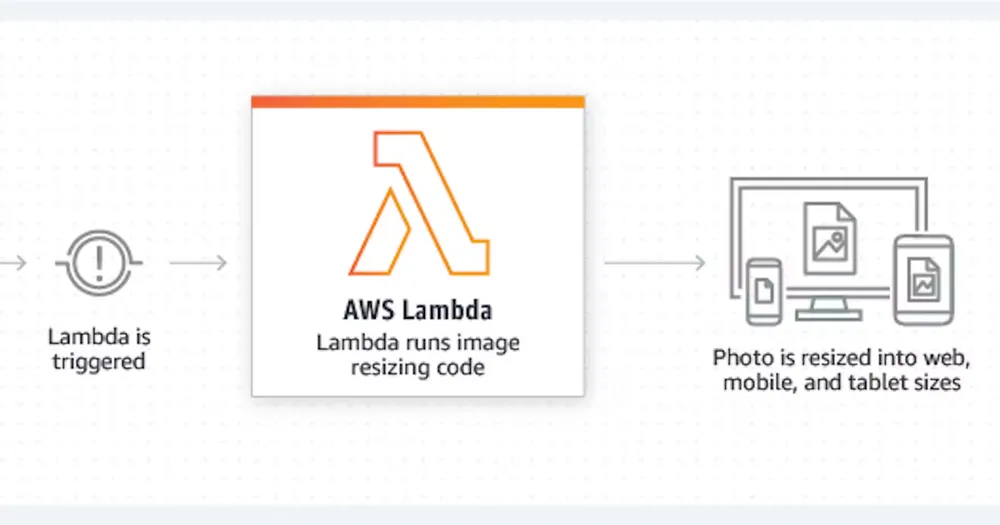Python is a programming language that has some of the most variety among its coding peers. It's a dynamically structured, interpreted, object-oriented strong programming language. In recent decades, it has become one of the most widely used programming languages on the market. Python is used in conjunction with an interpreter, which runs the finished lines of code. It's applied in a variety of applications, including machine learning, website development, data analysis, and test automation. It is suitable for both developers and non-developers.
Is Python a programming language or a scripting language?
To respond to this topic, one must first understand the distinction between programming and scripting languages. All scripting languages are considered programming languages in nature. The sole distinction is that the scripting language is readily interpreted and does not necessitate compilation. Because compiled codes are converted into native machine programs, they run faster than interpreted codes. We can also create a programming interpreter and utilize it as a scripting language. Regarded as one of the most popular computer languages, Python makes for both, a programming language as well as a scripting language. Its code is translated and executed using an interpreter. This justifies Python as a scripting language. Python has also gained popularity because of the ease it provides to users. One can begin their career immediately with python. Python offers a variety of development choices, including object-relational mapping, multiprocessing, and web programming. Python is a programming language that is widely used. Python has already been adopted by several sectors. Python is attempting to accomplish both development and scripting duties.
Features of Python:
The dynamic, free open source programming language has a lot of features that are worth mentioning. Some of them include:
1. Smooth Integration:
Python is, by definition, an integrated language. This means that the Python interpreter runs each line of code separately. There arises no need to build Python code which makes debugging considerably easier and efficient.
2. Supports Test-driven development:
Before designing the real code, TDD advocates writing tests that verify the functioning of your code. Only once you're satisfied with your testing and the features they test should you start writing actual code to meet the conditions required by the test that will allow it to pass. Python supports TDD and makes the process smooth and efficient.
3. Provides a wide range of standard libraries:
Python helps control the firms' development costs as it comes with a large number of pre-built libraries and frameworks that are available for free. Developers have free access to these libraries and frameworks. This helps them create strong software in a quick, cost-effective, and efficient manner.
4. Ideal for ML and Big Data:
The Data processing speed offered by Python makes it more than ideal for Big Data applications. Due to its simple syntax and convenient code, Python routines are run at a relatively short time required by other computer languages.

Reasons that make Python an Ideal Choice for a Start-up:
Python has to offer many features that will help reduce your burden and ease your workload. Here are some of the reasons why you should consider Python for your start-up:
1. Scalable:
Python offers features like multi-programming paradigm support and interpreted language, which makes it scalable. It accommodates a variety of programming paradigms, including object-oriented, reactive, and algorithmic programming. Python is a good language for businesses since it supports a variety of programming paradigms. Python is an interpreted language that allows developers to easily construct scripts and code on a bigger scale. As a result, the time of the project is cut in half.
2. User-friendly:
Python is among the most straightforward and easy-to-understand programming languages. It is because of its clean, organized, and unambiguous syntax, it is simple to use and learn. Its code is quite understandable and equivalent to the English language. Python is a very simple language to learn relative to other programming languages such as C++, Javascript, and Java. Python is a fairly simple program to code with, and anyone can learn the basics within a few hours or days. As a result, it's language-friendly to the development community. Developers can easily examine, analyze, and modify Python code. This shortens the number of apps by speeding up the research and deployment process.
3. Versatile:
Python can operate on a variety of platforms that includes Windows, Linux, UNIX, and Macintosh. As a result, we may conclude that Python is a versatile programming language. It allows programmers to create software for several rival platforms by creating only one program. Python is one of the most versatile programming languages in the business since it is built-in C and permits the execution of code written in other programming languages such as Java, C, and C#. Other programming languages do not allow for this, making Python one of the most versatile and portable languages on the market.
4. Is open-source and free:
Being an open-source programming language, Python can be improved and developed by anyone. An online community where thousands of developers meet every day to discuss how they can modify the language for the better. The Open Source Action plan has verified all recent iterations of Python, and they are all copyrighted under a GPL compatible license. This means that you can use Python's infrastructure without having to shell out more money.
Conclusion:
Python has become a popular and widely used programming language because of features such as its flexibility, ease of use nature, versatility, security, etc. This makes it a popular choice for startups as it provides efficient results with minimum effort.










